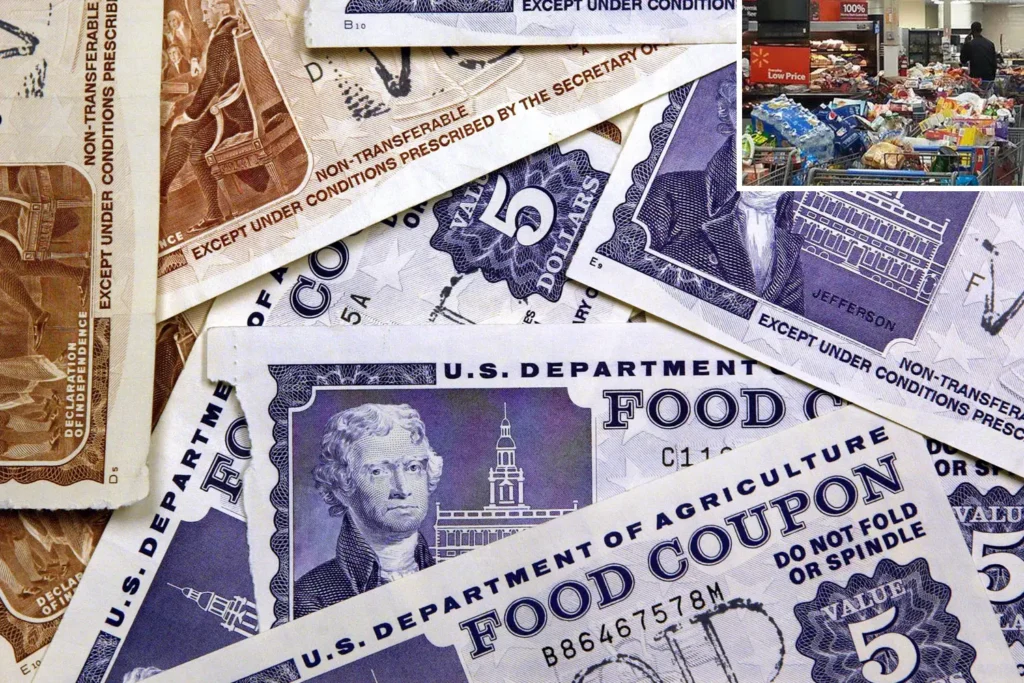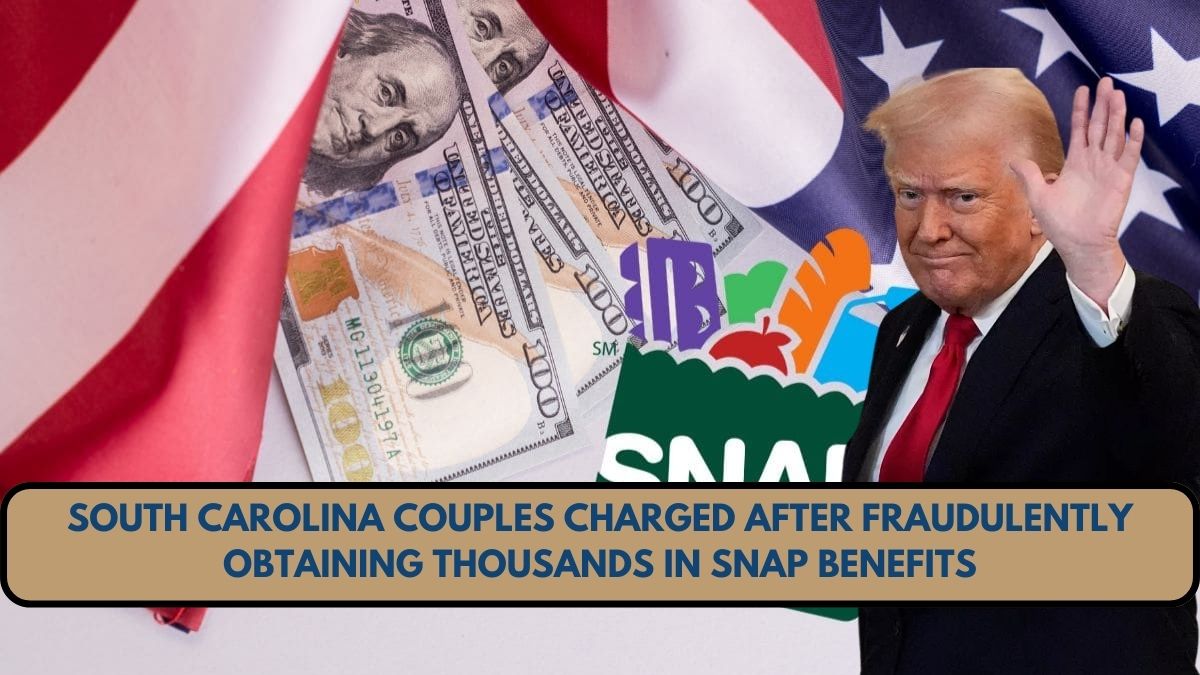Several South Carolina residents have been charged with defrauding the state’s Supplemental Nutrition Assistance Program (SNAP) by lying about income, household size, or child custody. These false claims led to over $80,000 in fraudulent benefits, prompting state authorities to take action.
Fraudulent Claims Across Multiple Counties
The South Carolina Department of Social Services (DSS), along with the state Inspector General’s office, has released a string of criminal complaints detailing how individuals manipulated the SNAP system for personal gain.
In Charleston County, Cory Nicole Baker allegedly received $36,201 in benefits between October 2017 and July 2022 by falsely stating that four children were living in her home. The DSS investigation revealed that the children did not live with her during the certification periods.
“The integrity of our public assistance programs is paramount,” said a DSS spokesperson. “We are committed to identifying and eliminating fraud.”

Income Concealment: A Common Fraud Pattern
In York County, Tricia Ann Ostapowicz failed to report her husband’s income over a two-year span, from October 2020 to September 2022. By omitting this key financial detail on her SNAP applications, Ostapowicz secured $17,634 in overpayments.
Similarly, in Bluffton, Marcia Marie Kidd withheld her husband’s income on six separate certification forms from February 2019 to December 2021. As a result, she received $12,571 in benefits she wasn’t eligible for.
Custody Lies Lead to Arrest
In Orangeburg County, Hayley Erin Hayes was charged after investigators found she falsely claimed custody of two children between February 2019 and July 2022. DSS determined Hayes submitted at least seven inaccurate forms, amounting to $14,318 in misappropriated SNAP benefits.
State Response and Legal Actions
The South Carolina Office of the Inspector General has emphasized that each of these individuals will be held accountable in court. All those involved face felony charges, including Obtaining Public Assistance by False Statement, which can result in prison sentences and mandatory restitution.
“Fraudulent use of taxpayer-funded programs like SNAP undermines public trust,” said a representative from the South Carolina Attorney General’s Office.
To verify eligibility or understand penalties related to SNAP fraud, visit the official South Carolina DSS SNAP Eligibility page or the USDA Food and Nutrition Service.
How SNAP Fraud Affects the Community
The SNAP program is designed to help low-income families access basic nutrition. When individuals exploit the system, it not only diverts funds from those in genuine need but also strains state budgets and administrative resources.
According to the U.S. Department of Agriculture, the nationwide SNAP fraud rate is relatively low—around 1%—but each instance can cost thousands and lead to reduced public confidence.

What Residents Should Know
The South Carolina DSS encourages residents to report suspected fraud via their Fraud Reporting Portal. SNAP recipients are also advised to update their household information truthfully during each recertification period.
Those who intentionally provide false information face consequences under both state and federal law, including disqualification from future benefits, monetary fines, and incarceration.
Conclusion
These cases serve as a clear reminder of the importance of honesty and transparency when applying for public assistance. As South Carolina cracks down on SNAP fraud, the state hopes to restore trust in vital social programs while ensuring help reaches those who need it most.
This article has been carefully fact-checked by our editorial team to ensure accuracy and eliminate any misleading information. We are committed to maintaining the highest standards of integrity in our content.

Deepak Grover is a dedicated content writer at OTE News, specializing in government affairs, public policy, and current events. With a keen eye for detail and a passion for factual reporting, he ensures readers receive accurate and insightful news. Deepak holds a degree in Political Science and has experience in research-driven journalism.
When not writing, he enjoys reading historical books, exploring hiking trails, and staying updated with global political trends. His commitment to ethical journalism makes him a trusted voice at OTE News.




